A mental health disorder is a condition that can be diagnosed by a mental health professional. This mental health expert will evaluate to see if you have a mental health disorder based on your symptoms as well as family history.
Category:
Mental Health Centers in Ohio



























